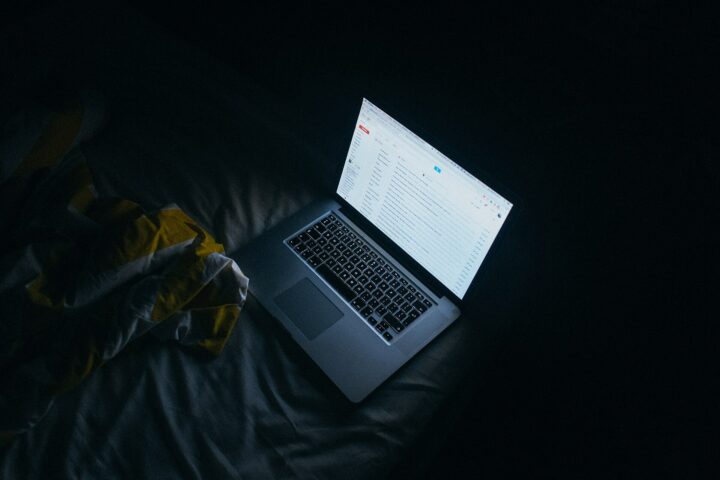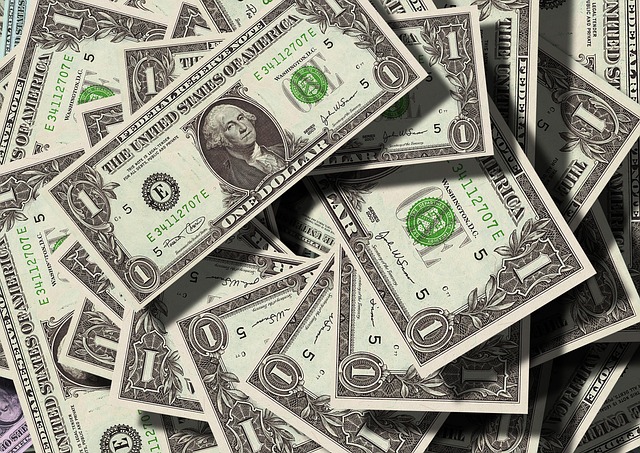AI’s exploding rise has led to many new ways of economic improvement. It has also created new ethical questions, including the use of copyrighted material without paying for it.
A new tool called Nightshade is being marketed as a way to fool AI. While it would not impact AI art to the human eye, it would corrupt the code underneath to scramble future AI use. Forbes reports:
With generative AI tools like Midjourney, Stable Diffusion and Dall-E fueling an onslaught of images created from text prompts, a growing number of artists have expressed concern that their work is getting scraped from the internet to train AI models without permission, credit or compensation.
Enter Nightshade, a new tool out of the University of Chicago that aims to help artists safeguard their work before they upload it online, where it could get ingested into AI training sets. The tool protects pixels by “poisoning” digital images with subtle, invisible changes that cause AI algorithms to misinterpret them.
AI is already set to be regulated soon, and Nightshade is taking a commercial approach to solve this issue. Eventually, new contractual relationships will have to be established between AI providers and the content it scrapes. Forbes continues:
An artist, for example, might draw a picture that’s clearly a flower to absolutely anyone who looks at it. With Nightshade applied, AI will recognize the image as something altogether different, like a truck, corrupting AI’s accuracy.
“Power asymmetry between AI companies and content owners is ridiculous,” the team behind the tool said on Twitter, now X.
While this technology is used to protect lawful creation, something similar could be used for nefarious purposes with criminal or national security implications.
READ NEXT: Apple Services Skyrockets Subscription Prices








